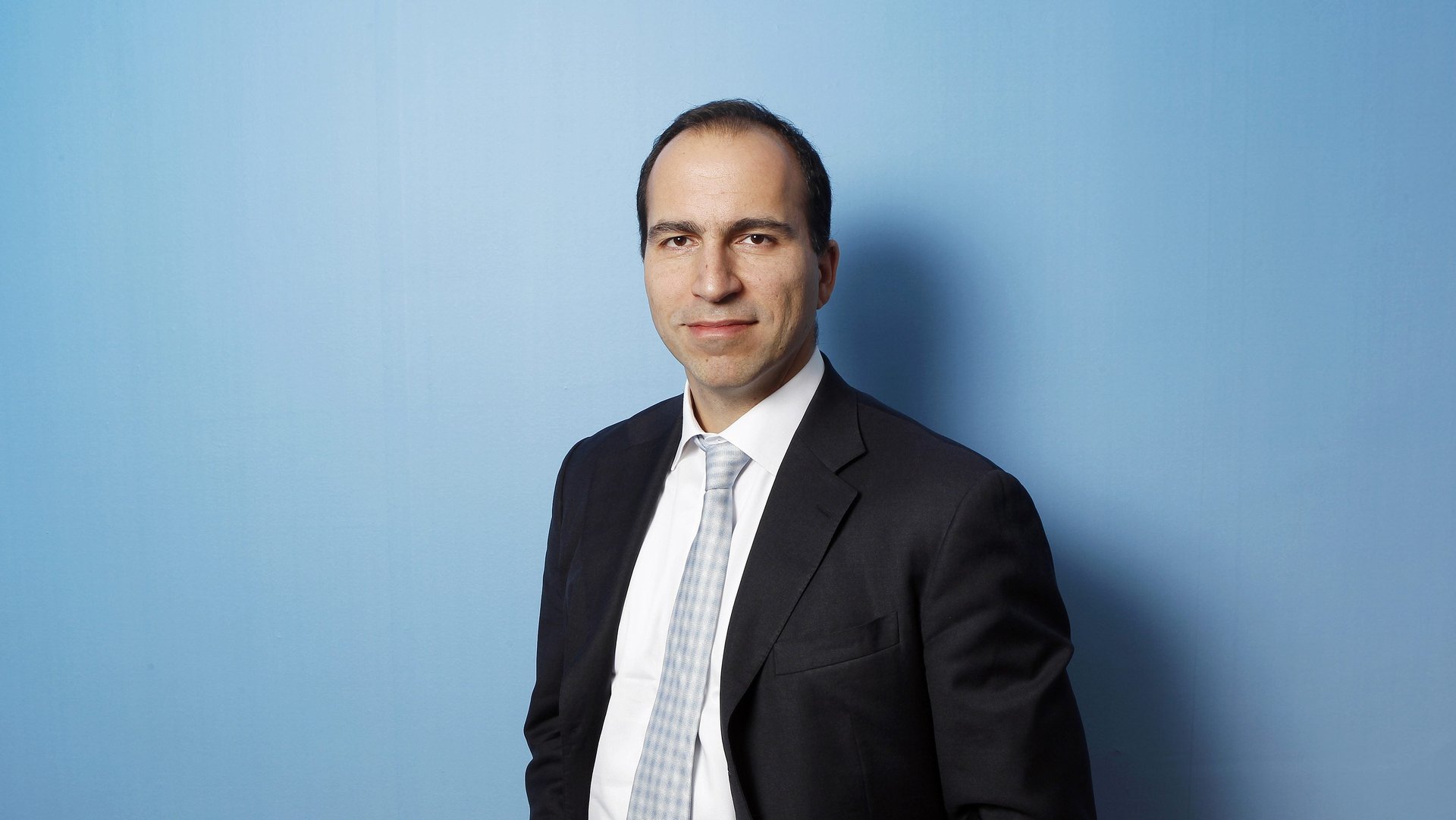The average raise for US CEOs last year was 10 times the pay of the average American worker
CEOs running the biggest US companies saw their pay increase an average 4.5% last year, putting the median CEO pay package at $10.8 million, according to a report from the Associated Press. At $468,449, the median pay raise alone is more than 10 times the pay of the average American worker.


CEOs running the biggest US companies saw their pay increase an average 4.5% last year, putting the median CEO pay package at $10.8 million, according to a report from the Associated Press. At $468,449, the median pay raise alone is more than 10 times the pay of the average American worker.
Topping AP’s list of the most highly compensated CEOs is Expedia’s Dara Khosrowshahi, who made $94.6 million—an 881% raise from the year before, according to Equilar, which crunched the numbers for AP.
Khosrowshahi’s big pay day, like that of many of the CEOs, comes in the form of stock options, and is tied to the company’s future performance, with some shares not vesting until 2018 or 2020. Expedia did well last year—its shares rose 47%—and so did Khosrowshahi.
“Dara Khosrowshahi has been a transformational CEO,” the company said in an emailed statement. ”His leadership has elevated the company into a global leader in the online travel market, and he continues to guide the organization along a growth trajectory that provides extraordinary value to investors and suppliers, as well as to customers and employees and the wider travel marketplace.”
While a growing number of companies are tying pay to performance, it isn’t yet standard practice, as evidenced by the increase in CEO salaries despite the overall decline in the S&P 500 last year. Stocks fell 0.7%, not counting dividends.
CEO pay climbs in part because of the bizarre benchmarking practice employed by compensation consultants, which recommend paying CEOs salaries that are comparable to that of their peers, regardless of performance. And because boards are often made up of CEOs and aspiring CEOs, they have little interest in slowing the pay hikes.
The one group that can hold CEO salaries in check are shareholders, who can register their disapproval by casting non-binding votes on compensation. The so-called say-on-pay rule, part of the Dodd-Frank financial reform legislation adopted in 2010, requires companies to give shareholders an “advisory” vote on executive pay every three years at least.
But the shareholders with the most power—the big institutional investors who own the most shares and therefore have the most votes—aren’t exercising it against current pay trends. BlackRock, one of the world’s biggest money managers, with $4.6 trillion invested in 15,000 companies, votes to approve CEO pay 96% of the time, according to the New York Times. Other big owners wield similar rubber stamps: Fidelity, Vanguard, and Putnam all say “yes” at least nine out of 10 times.
In Britain, at least, shareholders are feistier. Last month, 60% of BP’s shareholders voted to reject a $19.6 million pay package for the oil company’s CEO in a non-binding vote. On the same day, UK voters also voted their disapproval with the pay of the CEO at medical-device maker Smith & Nephew. In past years shareholders have voted to reject the pay of CEOs at the Royal Bank of Scotland; Aviva, an insurer; and Royal Dutch Shell, another oil company.
Say-on-pay has been credited with the growing number of companies linking pay to performance. But until the US’s biggest shareholders start flexing their considerable muscle, CEO pay is likely to keep climbing even when performance drops off.